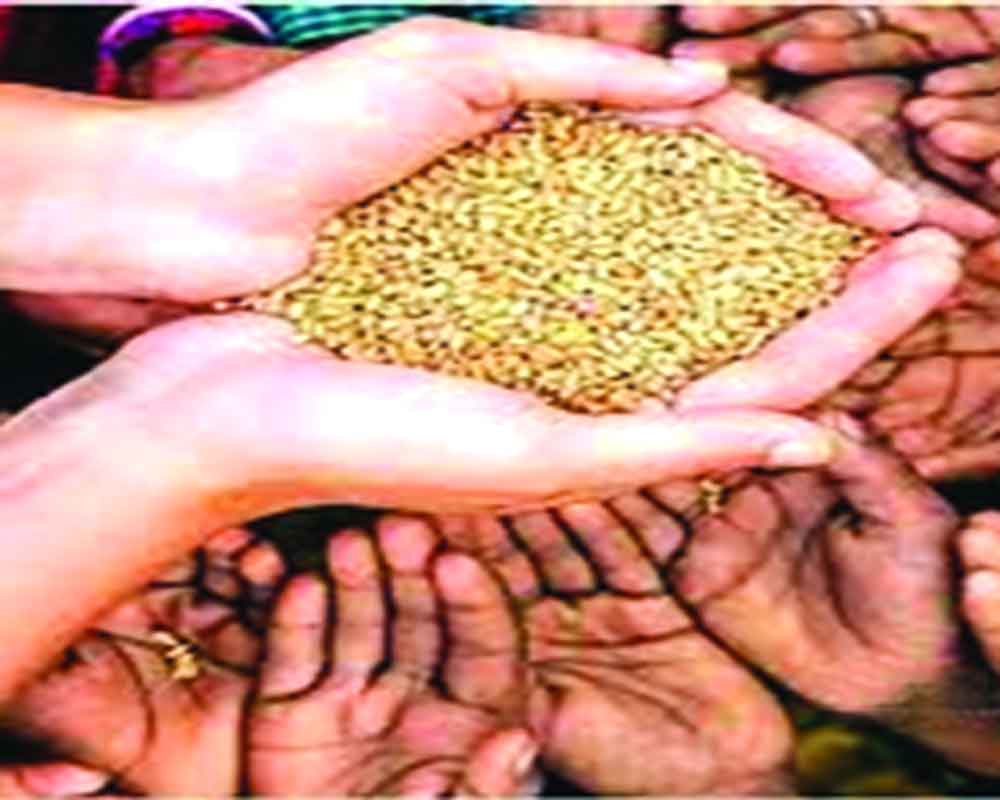The procurement of foodgrains has declined which raises doubts about food security in the country
As per the official statement, there are enough food grain reserves in the country and there is no such thing as food insecurity in the country. If the official report is to be believed the Government of India has sufficient food grain stocks under the central pool to meet the requirement of the National Food Security Act (NFSA) and its other welfare schemes as well as for the additional allocation of Pradhan Mantri Garib Kalyan Anna Yojana (PMGKAY). According to the official statement released recently, as of December 15, the central pool has about 180 lakh tonnes of wheat and 111 lakh tonnes of rice. On January 1, 2023, about 159 lakh tonnes of wheat and 104 lakh tonnes of rice would be available. Interestingly enough this report comes after Agriculture minister Narendra Singh Tomar’s statement in the parliament, which pointed in the opposite direction. The minister in the parliament stated that the current wheat stocks in India had fallen below the mandatory threshold limit known as buffer norms for the first time in nearly a decade. Agriculture minister Narendra Singh Tomar stated that the country’s total stocks of centrally-held food grains (rice and wheat combined) as on December 1, stood at 30.5 million tonnes. “Of this, wheat reserves were at 19 million tonnes while rice stock stood at 11.5 million tonnes”, he said. This discrepancy between the Minister’s version and the official statement only confuses and raises doubts about the government’s preparedness to deal with hunger and malnourishment in the country.
According to the UN, there are nearly 195 million undernourished people in India. Also, roughly 43% of children in India are chronically undernourished. India ranks 68 out of 113 major countries in terms of the food security index 2022. Contrary to the official claims, the procurement of wheat during last season was on the lower side due to lesser production. Besides, farmers sold their foodgrains in the open market at prices higher than MSP which worsened the situation and resulted in lesser foodgrains in the government godowns. The allocations under the NFSA and PMGKAY have been changed in favor of rice in order to guarantee adequate wheat stock in the central pool. The number of people in the nation that experiences extreme food insecurity has increased from 20.3 per cent in 2018–20 to 22.3 per cent in 2019–21. The govt should clarify the actual position rather than throwing numbers around.


























